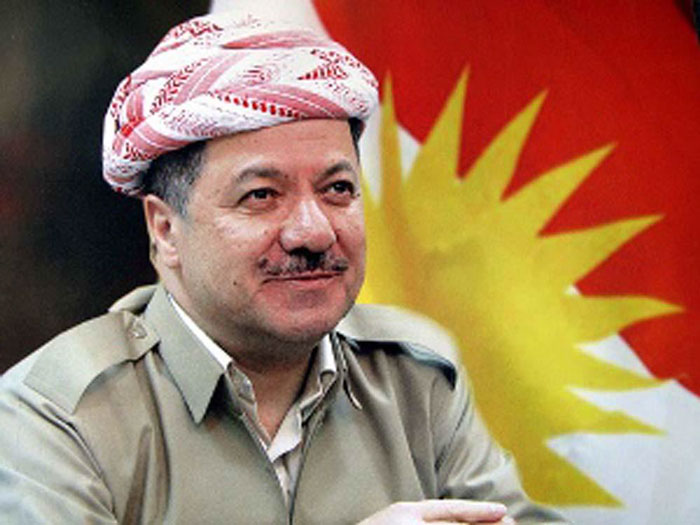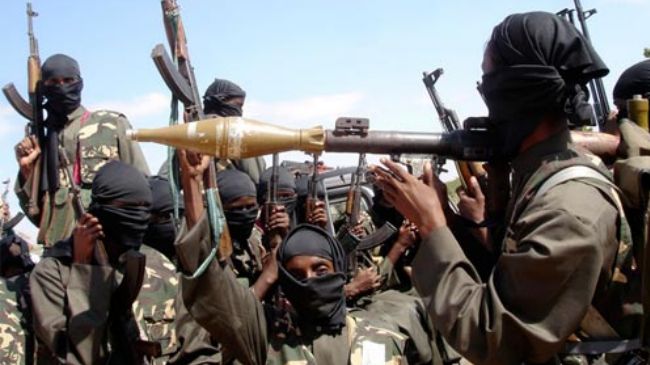When Iraq’s current crisis began in June, there was a sense that the Kurds were finally realizing their long-held goal of self-determination. The collapse and retreat of the Iraqi army against Islamic State (IS) forces in north and western Iraq signified that the central government could no longer maintain sovereignty over the entire country. Almost immediately after the fall of Mosul, Kurdish forces expanded their territory by about forty percent when they moved to control the disputed territories of northern Iraq vacated by the national army, including Kirkuk—the so-called “Jerusalem” of Kurdistan—their historic capital now endowed with massive oil reserves. Then, in early July, the president of the Kurdish Regional Government (KRG), Masoud Barzani, called upon the Kurdish parliament to form an independent commission to organize a referendum on the question of full independence. The engineering of a referendum along with other pronouncements from the semi-autonomous KRG appear to have cemented the view that Iraqi Kurdistan’s self-determination is a forgone conclusion.
The routing of Peshmerga forces that had hitherto provided Iraq’s only capable bulwark against the advance of the Islamic State may dampen calls for an independent Kurdistan carved out of northern Iraq.
When the IS attacked Iraq’s Yazidi heartland in the northwestern part of the country earlier this month, they took control of Sinjar after Kurdish Peshmerga fighters failed to stop their advance. Sinjar had been administered by the KRG, but IS fighters, who had already seized ownership over large parts of northern and western Iraq, were able to overpower what was a short while ago considered a foolproof military force. The routing of Peshmerga forces that had hitherto provided Iraq’s only capable bulwark against the advance of the Islamic State may dampen calls for an independent Kurdistan carved out of northern Iraq. It is a wakeup call indicating that the Kurds are not fully capable of defending their homeland and that Iraq’s Kurdish population may be better off inside Iraq’s federation.
There are several reasons to reconsider the notion that the KRG is on a one-way path toward independence. The Kurds’ inability to defend their territory from the Islamic State’s advances is one reason. Peshmerga forces are spread thinly along their 1000 kilometre unofficial border with the Islamic State and are now relying on Iraqi and American aerial support and humanitarian aid to reverse the IS advance.
 Shortly after the Peshmerga lost control of several other towns, Iraq’s recently unseated Prime Minister Nouri al-Maliki called upon the air force to support Peshmerga ground troops, offering the first sign of cooperation between the two governments since the crisis began. Baghdad’s support for the KRG could lead to an easing of tensions between the two governments while providing a window for greater cooperation and temper steps toward independence.
Shortly after the Peshmerga lost control of several other towns, Iraq’s recently unseated Prime Minister Nouri al-Maliki called upon the air force to support Peshmerga ground troops, offering the first sign of cooperation between the two governments since the crisis began. Baghdad’s support for the KRG could lead to an easing of tensions between the two governments while providing a window for greater cooperation and temper steps toward independence.
This cooperation along with the threat the Islamic State posed to Americans working within the Kurdish region precipitated the American military intervention that began on August 8. American fighter planes have targeted Islamic State positions and dropped humanitarian aid for members of Iraq’s minuscule Yazidi population surrounded by IS fighters.
The prospect of the Kurds going it alone in this worsening situation remains a difficult proposition to reconcile. The Kurds have already delayed the referendum on independence with hopes that they may be able to cultivate a better relationship with Iraq’s new prime minister Haider al-Abadi. Further, given America’s recent recommitment to Iraq, the KRG may not be so keen to pursue independence as Washington has remained steadfast in its commitment to Iraq’s territorial integrity. Meanwhile, Iran is also unsupportive of an independent Kurdistan, fearing a nationalist spillover among its own Kurdish population. An independent Kurdistan closely linked to Tehran’s regional rivals Turkey and Israel would also diminish its regional influence.
Eric Davis, the former director of the Middle East Studies Centre at Rutgers University, recently outlined the political and economic costs attached to Kurdish independence. For example, if independence was achieved, the KRG would become heavily dependent upon Turkey, which dominates the KRG economy in consumer goods and large-scale construction projects. Furthermore, as the Islamist leaning AKP government in Ankara becomes more authoritarian and as the Kurds seek to boost international legitimacy by promoting democracy and secularism—while remaining completely land-locked—will they want to come under Turkish hegemony?

The Kurds will also have to give up influential leadership positions within the central government. Iraq’s current president (an office sworn to uphold Iraq’s constitution), Fuad Masum, is a veteran Kurdish politician recently succeeding famed Kurdish leader Jalal Talabani who served as president from 2005 until 2014 and was lauded for his attempts to reconcile Iraq’s Kurdish and Arab populations after the 2003 invasion. Talabani is the leader of the Patriotic Union of Kurdistan (PUK), which does not favour splitting from Iraq at this point. Meanwhile, Hoshyar Zebari, Iraq’s foreign minister; Lt. Gen. Babakir Zebari, commander of the armed forces; and Lukman Faily, Iraq’s ambassador to Washington are all Kurds.
There are several economic considerations, as well. True, the Kurds sit atop significant oil deposits in the provinces of Dohuk, Erbil and Sulailmaniya but there is some doubt as to how much is actually there and although Kirkuk has come under Kurdish control they will not be able to develop the reserves there without support from Baghdad. The KRG population is lacking in human resources needed to successfully develop its economy and declaring independence may make it difficult to attract professionals from the Arab world. Furthermore, while there is a great appreciation for education among Iraq’s Kurds, Kurdish universities are lacking in science and technology programs forcing many Kurdish students to attend Arab Iraqi universities.
While the Kurds have been effective in their efforts to attract foreign direct investment and curb corruption with greater success than the central government, independence would place significant economic restrictions on the KRG. Since January, Baghdad made significant reductions to the Kurdish allocation of the federal budget and completely cut it off in March. To circumvent these restraints the KRG tried to sell oil through the Turkish port of Ceyhan, sparking a legal dispute that has blackballed Kurdish oil in international markets.
Selling oil has historically proven to be a difficult task for the KRG as Erbil and Baghdad routinely disagree in profit sharing and development arrangements. A full split from Iraq may be the coup de grâce for a more robust Kurdish oil economy. It is reported that in order to meet ordinary budgetary expenditures, the KRG will have to sell two cargoes of oil per week of a million barrels each. Given the current crisis, they will need to sell much more in order to upgrade their security forces as they govern more cities and provide aid for refugees that have steadily streamed into Kurdish territory since the fall of Mosul.
While American support has blunted the IS advance, Washington’s friendship will not provide solutions to the manifold challenges that would be brought about by independence. Those calling for Kurdish home rule will likely have their patience tested for some time to come.




